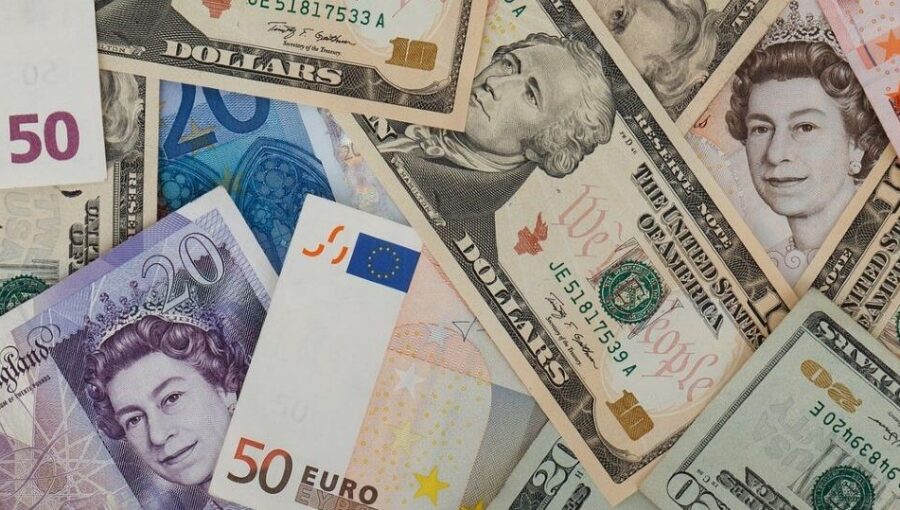
Decentralized currency is transforming how we perceive, manage, and interact with money on a global scale. Unlike traditional financial systems governed by central banks and governments, decentralized finance operates without a central authority. This novel approach to currency management promises not only enhanced financial inclusivity but also offers greater transparency, security, and autonomy for individuals and organizations alike. As decentralized currencies gain traction, they’re setting the foundation for a new era in global finance.
Understanding Decentralized Currency
Decentralized currency refers to a digital currency or asset that operates on a peer-to-peer network without reliance on a central authority, like a bank or government. Instead, it uses blockchain technology—a distributed ledger that records all transactions in a secure and verifiable way. Each transaction is validated by a network of users, ensuring that the entire system remains transparent and secure. This unique approach to currency management offers a range of benefits, making it a promising force in the evolution of finance. You can also explore finance phantom for further information.
Key Benefits of Decentralized Currency
The appeal of decentralized currency lies in its potential to address some of the major pain points of traditional financial systems. From transparency to global accessibility, here’s how decentralized currency is paving the way for a more efficient and inclusive financial ecosystem.
Transparency and Security
One of the defining characteristics of decentralized currency is the transparency it provides. Since transactions are recorded on an open-source blockchain, anyone on the network can verify them. This transparency reduces the likelihood of fraud and makes financial transactions more secure, as it is extremely difficult to alter a recorded transaction on the blockchain. Additionally, with decentralized currency, individuals maintain full control over their assets without having to rely on banks or financial institutions to safeguard them.
Financial Inclusion
Decentralized currency opens doors to financial inclusion for millions of people who are unbanked or underbanked globally. Traditional banking systems often exclude people in remote areas or those who cannot meet minimum financial requirements. Decentralized financial networks enable anyone with internet access to participate in global finance, allowing them to store, send, and receive funds without the need for a bank account. This increased accessibility is particularly transformative in developing nations, where decentralized currency can become a gateway to economic participation and empowerment.
Reduced Transaction Costs and Faster Transactions
In traditional financial systems, international transactions can take days to process and often involve high fees due to intermediary banks and regulatory checks. Decentralized currency transactions, however, are processed directly between users and typically incur lower fees, making cross-border transfers faster and more affordable. This efficiency holds great promise for international trade, remittances, and personal transfers, removing the dependency on traditional banking intermediaries.
The Role of Decentralized Currency in Global Economic Stability
As more people and businesses adopt decentralized currency, it is reshaping the landscape of global economic stability in significant ways. By diversifying financial options and providing an alternative to government-controlled currency, decentralized systems have the potential to protect economies from inflationary pressures and volatile market forces. Additionally, countries experiencing political instability or economic crisis can leverage decentralized currency as a safeguard against hyperinflation and currency devaluation.
Enhanced Economic Independence
Decentralized currency provides a level of independence that traditional currency cannot offer. In economically volatile regions, where inflation and devaluation can wipe out savings, people are turning to decentralized alternatives to preserve their wealth. This independence from national currency fluctuations makes decentralized currency an attractive option for those seeking to protect their financial assets against unpredictable economic conditions.
Empowering Individuals and Small Businesses
For small businesses and entrepreneurs, decentralized currency offers new ways to access capital without having to rely on traditional lenders. Decentralized finance platforms are also emerging, providing peer-to-peer lending, investment, and borrowing opportunities. These platforms allow individuals and businesses to take control of their finances, access alternative funding sources, and build credit without the constraints of traditional financial institutions.
Potential Challenges and Future of Decentralized Currency
Despite its many advantages, decentralized currency faces certain challenges, particularly in regulatory acceptance, scalability, and environmental sustainability. As governments and regulatory bodies strive to keep up with the rapid adoption of decentralized finance, they are implementing policies that can impact its growth and integration into the global economy. Scalability remains a technical hurdle as decentralized networks grow, necessitating advancements in blockchain infrastructure to accommodate increased transaction volumes efficiently.
Environmental Considerations
Another challenge facing decentralized currency is the environmental impact of its network operations. The energy consumption associated with some blockchain networks has raised concerns over sustainability, and solutions such as more efficient consensus mechanisms are being explored to address these issues.
Conclusion
Decentralized currency is redefining the way we think about and interact with money, offering enhanced security, accessibility, and autonomy that traditional financial systems struggle to match. As its adoption continues to grow, decentralized currency has the potential to revolutionize global finance by providing a more inclusive and resilient economic system for individuals and businesses worldwide. While challenges remain, the benefits of decentralized currency are paving the way for a more equitable and transparent financial future.
Write and Win: Participate in Creative writing Contest & International Essay Contest and win fabulous prizes.


